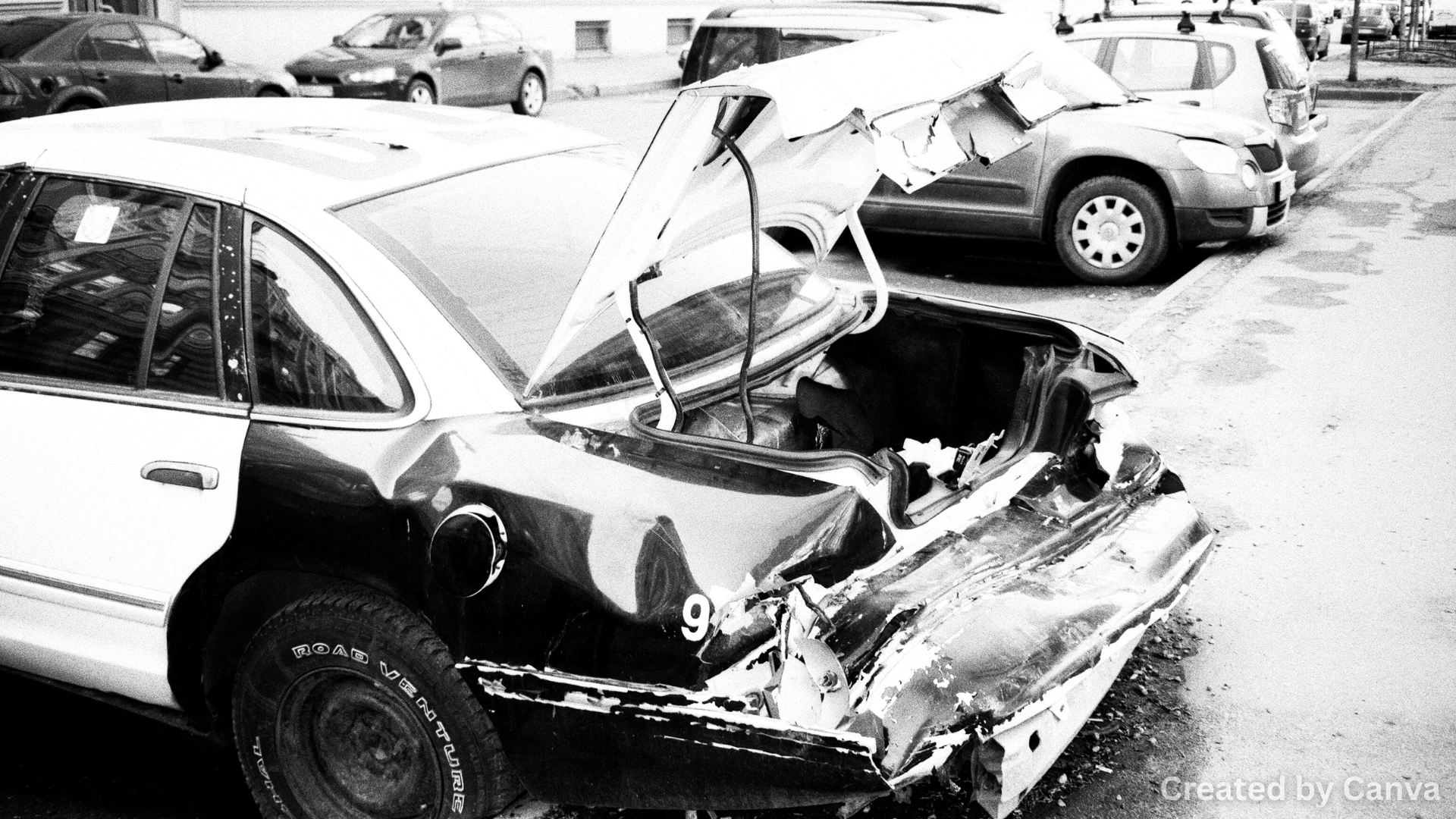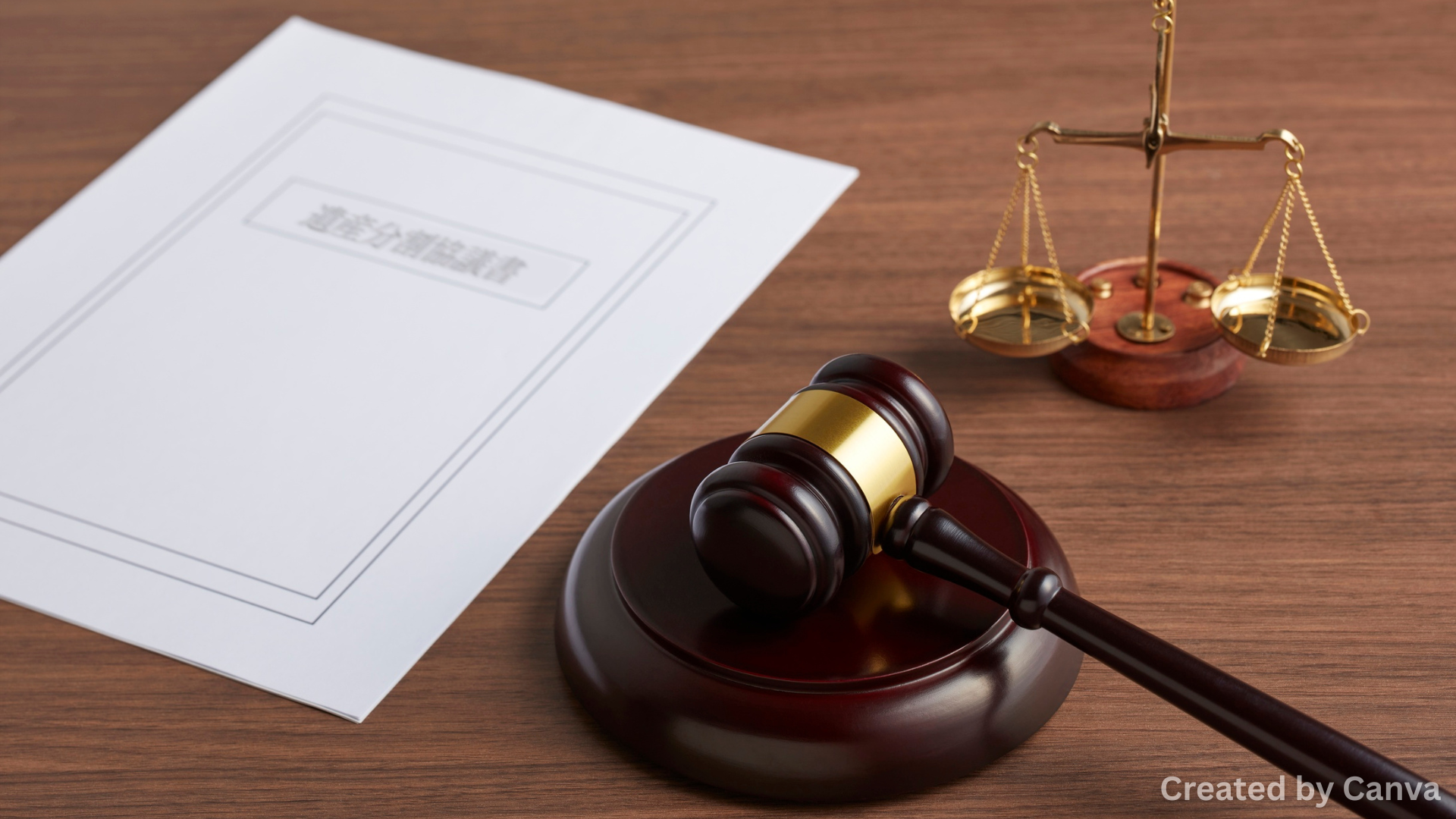This means that you might have more than three years from the date of the accident to file a claim if you did not immediately discover that negligence was involved. Most states fall somewhere in that range, giving claimants between two and six years to initiate these types of legal action after a car accident. Most states fall somewhere in that range, giving claimants between two and six years to initiate these types of legal action after a car accident. In rare cases, the statute of limitations may be extended if the injury wasn’t discovered and couldn’t reasonably have been discovered at the time of the accident.
In rare cases, the statute of limitations may be extended if the injury wasn’t discovered and couldn’t reasonably have been discovered at the time of the accident. If the injured party is under the age of 18 or deemed legally incapacitated at the time of the accident, the statute of limitations may be paused until they turn 18 or regain legal capacity. Each state legislature determines its specific time frame, typically ranging between two to three years. North Carolina’s statute of limitations for most personal injury claims, including those involving car accidents, is three years from the date of the accident or from the date you became aware or should have become aware that there were grounds for a lawsuit.
North Carolina’s statute of limitations for most personal injury claims, including those involving car accidents, is three years from the date of the accident or from the date you became aware or should have become aware that there were grounds for a lawsuit. Under Texas Civil Practice and Remedies Code § 16,003, the statute of limitations for most car accident injury claims is two years from the date of the crash. If a car accident results in a fatality, eligible family members (typically spouses, children, or parents) may bring a wrongful death lawsuit. In the event of a fatal car crash, states typically allow plaintiffs two to three years to bring suit for wrongful death (although some states, such as West Virginia, allow only one year).
If your lawyer fails to file your claim before the statute of limitations expires as a result of their own negligence or incompetence, you may be able to sue them for legal malpractice. Unfortunately, many of the accidents that caused these deaths and injuries were the result of reckless behavior by other drivers, including distracted driving and driving under the influence. In most states, if the person injured in the collision was a minor, the clock on the statute of limitations doesn’t start until they reach the state’s age of majority (which can range from 18 to 21 years old). In some rare cases, a statute of limitations of four years is set by state laws.
If the defendant is out of the state or is evading service of process despite all reasonable efforts, the court may toll, or pause, the statute of limitations until they are served. The statute of limitations for car accident lawsuits varies significantly from state to state.
How long after an accident can you make a claim?
You can expect to communicate with your adjuster frequently, and the investigation can last a few weeks or months, depending on the severity of the car accident. If you try to file your lawsuit after the two-year window has closed, your claim will almost certainly be denied, no matter how serious your injury. If the insurer stalls or responds with a less-than-fair settlement offer, you still have time to take them to court. I needed an attorney and my cousin recommended this firm because he had used Briant Mildenhall for his accident.
Every insurance policy has specific terms outlining how soon you must report an accident and file a claim. To get reimbursed, you’ll need to go through your personal injury protection coverage if the accident was your fault. If negotiations with the insurer don’t result in a satisfactory settlement, filing a lawsuit is the next option. After reporting the accident to the police, first, you’ll get in touch with your independent insurance agent.
Your state may require reporting a car accident to the DMV or the police directly from the scene or immediately following the accident, or it may have different guidelines depending on the extent of the damage. Your daily life goes from work, family, and leisure time to doctor’s visits, physical therapy, and dealing with an avalanche of medical bills, not to mention the loss of perhaps your only mode of transportation. Be aware that car accident investigations could take months to complete if there were extensive injuries, multiple drivers and cars involved, and a question of who was at fault. Contacting the police right after an accident occurs is typically the smartest move since certain injuries aren’t obvious while on the scene.
Your dedicated car accident attorney with Pyramid Legal will help you prepare for the time limits, explain factors that can affect your deadlines, and provide tips for filing your claim as quickly as possible. Filing sooner can ensure your claim is processed efficiently and reduces the risk that the insurance company denies your claim. Every state has a different statute of limitations when it comes to how long you have to report a car accident. Generally, the insurance company has about 30 days to investigate your auto insurance claim, though the number of days vary by state.
In California, the standard is 10 days unless there is an injury or death, in which case law enforcement must be notified within 24 hours. If a car accident claim exhausts the coverage limits of the insurance policy of the other at-fault driver, you could actually be entitled to a judgment that goes beyond those limits. In accidents with more injuries and damage, the investigation may take longer, which may delay receiving your claim payout or payouts. The standard across most states is within 10 days of the accident but some jurisdictions, such as New York, have a 24-hour reporting requirement.
After my car accident, I was looking for an attorney and came across the name Katz Personal Injury Lawyers. For example, the statute of limitations for reporting accidents involving bodily injury may be shorter than it is for reporting accidents involving only property damage. But you also need to document everything you can at the scene and get witness information that will give your claim teeth. An independent insurance agent can set you up with a sample letter for a car accident insurance claim.
As accident victims struggle with physical, job, and financial setbacks, they can become distracted and neglect seeking the restitution they need to fully recover. For example, if there was a minor involved in the accident or your injuries were not immediately apparent. Claims made years after an incident may flag an insurance company to potentially conduct a more extensive investigation and be less likely to believe your story. Your insurance company will investigate who’s responsible for the accident, as well as whether there’s coverage for the injuries, damage, or other loss you filed the claim for.
The team of legal specialists at Dozier Law is here to help you find your way through the maze of claim requirements and evidence documentation. We have in-depth knowledge of Georgia insurance claim laws and car accident laws that can have a significant impact on your case. For the two-year statute of limitations for injury-related cases filed in the state civil court system, the clock generally starts running on the date of the car accident that resulted in your injury. It’s also helpful to have the claim in motion if other injuries develop after the fact so they can be added before the statute of limitations expires.
Most state laws require claims to be processed promptly and without unnecessary delays, but it can take longer to process and settle, especially if the accident was serious or a coverage investigation is needed. Begin the process with your car accident attorney as soon as possible so they can begin gathering evidence for a strong claim and possible lawsuit. Understanding the critical motives for early claim filing for Georgia car accidents helps you avoid losing critical evidence and strong witness statements. If you get the claims process going as soon as possible after the accident, you leave yourself the option of going to court, and the time to do so within the statute of limitations for your case.
Select Law OfficeMaconSavannahAlbanyTiftonAtlanta By providing your phone number, you agree to receive text messages from The Dozier Law Firm.
How long after an accident can you sue in NC?
Sometimes, injuries develop over time, and the victim doesn’t become aware that their symptoms are related to a previous accident. If you were hurt in a car accident in North Carolina, you may have a right to pursue compensation from the at-fault driver’s insurance company for your medical expenses, lost income, and pain and suffering. If you don’t discover signs of injury until much later, the statute of limitations begins from the discovery date. North Carolina allows victims of another person or entity’s negligence to pursue compensation in civil court to recover their damages.
Slip-and-falls are another frequent type of personal injury accident wherein the property owner is liable. This is known as the statute of repose, and for medical malpractice claims, the accident date must be within the previous four years. However, since the parents are usually liable for the child’s medical bills, the parents’ right to pursue the child’s medical bills runs three years after the date of the accident, regardless of the child’s age. For example, when a minor suffers injuries in a car accident, the statute of limitations for their pain and suffering does not begin to run on their 18th birthday.
In North Carolina, the statute of limitations to file a lawsuit is generally three years from the date of the injury. If you, as the third-party claimant, disagree with the amount of the loss, you have a couple of options. Once the statute of limitations expires on a given claim, a potential defendant can move forward with assurance that they will not face financial liability long after an accident took place. Bodily injury claims can include doctor and hospital bills, laboratory fees, lost wages and pain and suffering that are a direct result of the accident.
Don’t delay in contacting a North Carolina car accident lawyer to discuss whether you have a valid car accident claim. However, the court may extend the statute of limitations in a car accident case under certain circumstances. In North Carolina, the statute of limitations on personal injury claims is three years from the date of the accident. Workplace accidents and injuries sustained in the line of duty may also qualify for a personal injury claim, either in addition to or instead of receiving workers’ compensation.
Often, the victims of such accidents caused by someone else’s carelessness sustain bodily injury, but claims can also be filed for damage to one’s personal property. You can file a claim on your own comprehensive or collision coverage, if your policy includes that, and let your company “subrogate or recover the payment from the liable company, or you can work with the appraiser from the company to review the estimates and work to come to an agreement. Negligent accidents include traffic incidents, medical malpractice, slip-and-falls, defective products and more. This may be the case if the defendant lived elsewhere when the accident occurred or promptly left the state after causing the accident.
How long after an event can you claim compensation?
Understanding the policy limits and how they relate to your claim can provide valuable insight into the personal injury case timeline and complexities of the resolution process. In most cases, airlines are obliged to pay compensation in the event of a delay of more than three hours or even cancellation. What rights apply in the event of delays, when a flight delay triggers compensation, and what time limit applies are discussed in more detail below. The deadline for filing a personal injury claim in a case about a faulty consumer product, such as a defective medical device, is 12 years from the initial purchase or use of the product.
Whether a workers’ compensation claim is compensable or not is a case-by-case determination by the insurance carrier. North Carolina law describing statutes of limitations on pursuing compensation for injury says the three-year period limit on most cases of personal injury or property damage starts when the injury “becomes apparent or ought reasonably to have become apparent, whichever comes first. Some straightforward cases have been known to settle in 6 months or less, while more convoluted lawsuits that go to trial can take 3 to 4 years. In addition to the timeline, some states might have unique circumstances that could impact your claim, like a shorter limit for claims against government entities.
On the other hand, claims against smaller insurance policies might progress more swiftly due to the lower financial risk, leading to quicker settlements. The time frame within which you can make a claim after a fall typically depends on the statute of limitations in your jurisdiction. They’ll be your best resource for understanding how these factors apply to your case and can help you anticipate the progression of your claim. Resolving a claim in the pre-suit stage, through negotiations between the parties and their insurance companies, is typically the quickest path to settlement.
Furthermore, claims involving severe injuries are likely to involve larger compensation amounts, prompting insurance companies to closely scrutinize and contest the claim, potentially leading to further delays. While the inclusion of expert testimony can add a layer of complexity and potentially extend the timeline of a claim, it often proves invaluable in clarifying disputed elements of the case, ultimately guiding the determination of responsibility and the fair compensation of damages. In most states, you have about two to three years from the date of the accident to file a personal injury claim. Regardless, a claim must be filed within 10 years of the last act of the defendant that is pertinent to the claim.
Eligible beneficiaries must complete a DWC Form-042, Claim for workers’ compensation death benefits and send it to DWC or the insurance carrier within one year from the date the employee died. However, it is important to address the situation as soon as possible, as gathering evidence and witness testimonies may become more difficult as time passes. There are Member States in the EU in which the time limit begins to run immediately after the event, causing damage. The complexity of the case is a significant factor that influences the duration of a personal injury claim.
Your claim file information is private and only those dealing with your claim have the right to see that information.






